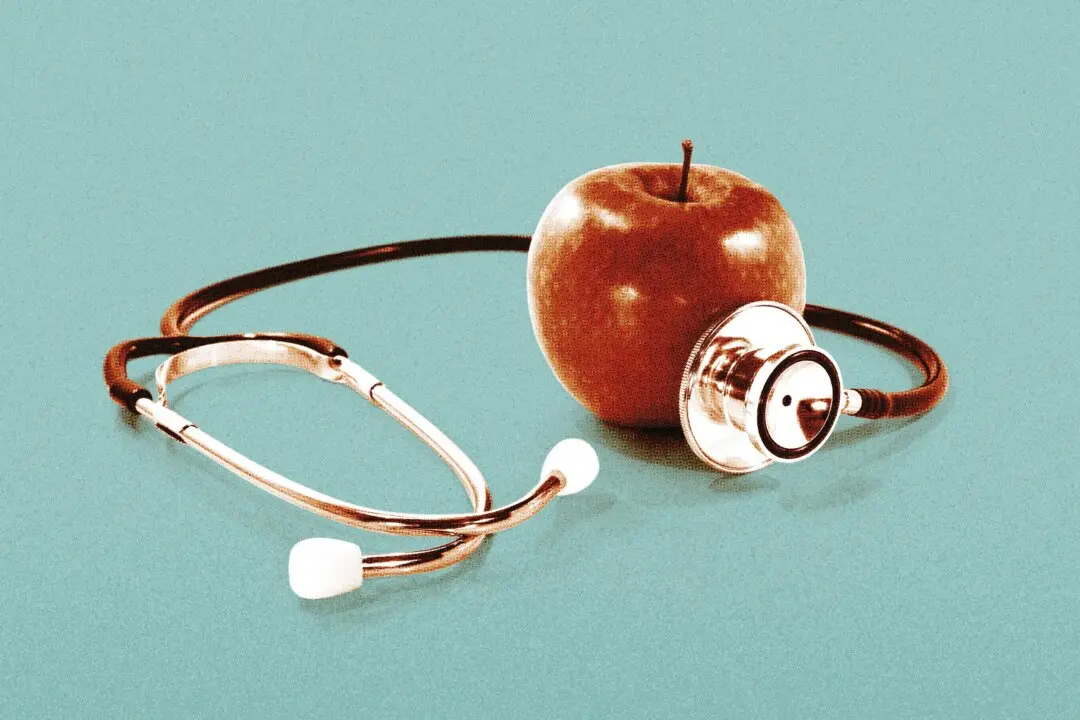It’s safe to say nearly everyone has been feeling a bit negative recently, especially in the past two years.
A dramatic rise in depression and anxiety is usually a good indicator that we’re collectively not feeling our best. Research from the Boston University School of Public Health showed that the rise in depression during the pandemic first seen in March and April 2020 increased by March and April 2021, climbing to 32.8 percent—affecting 1 in 3 American adults.






